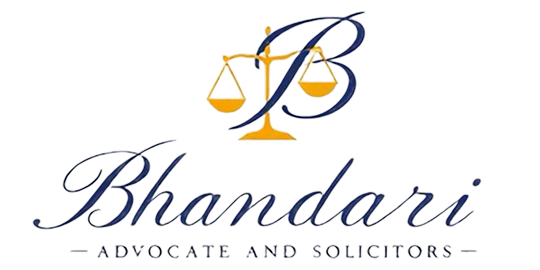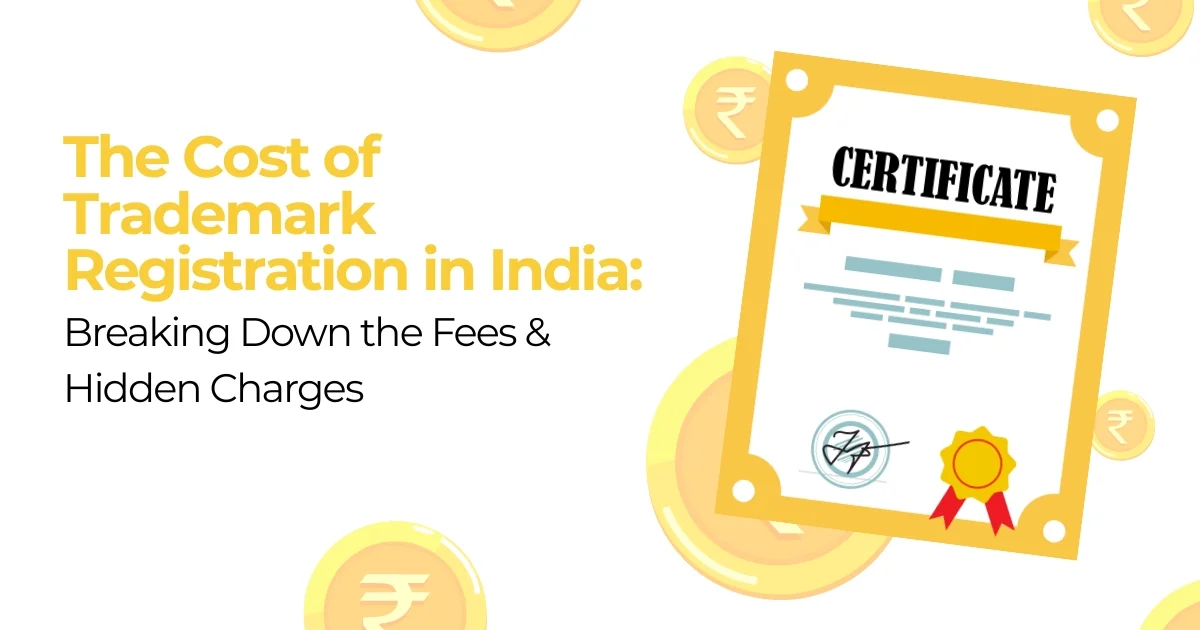The Cost of Trademark Registration in India: Breaking Down the Fees & Hidden Charges
A trademark is an important asset for any business, helping to protect a brand’s name, logo, or slogan from being used by others. In India, registering a trademark comes with various costs, including government fees, professional charges, and possible hidden expenses. This article will explain the cost of trademark registration in simple terms so that businesses can plan their budgets effectively.
What is a Trademark?
A trademark is a unique sign, logo, word, or symbol that distinguishes a company’s products or services from those of competitors. It is an essential part of a business’s identity and helps establish a strong presence in the market. By registering a trademark, a business can prevent others from using similar marks that may confuse customers. Trademarks in India are governed by the Trade Marks Act, 1999, which provides exclusive rights to trademark owners and outlines the legal framework for registration, protection, and enforcement.
Why Registration of a Trademark is Important?
Registering a trademark provides several legal and business benefits, such as:
- Legal Protection: It gives the owner exclusive rights to use the trademark and take legal action against unauthorized use under Section 28 of the Trade Marks Act, 1999.
- Brand Recognition: A registered trademark makes a business stand out and builds customer trust.
- Business Asset: A trademark can be sold, licensed, or franchised, adding financial value to a business under Section 37 of the Trade Marks Act, 1999.
- Market Advantage: A unique and protected brand name helps businesses gain a competitive edge.
- Nationwide Rights: Registration ensures exclusive rights across India, preventing others from using similar marks.
- Legal Evidence of Ownership: A registered trademark provides strong evidence in case of legal disputes, reducing the burden of proof in litigation under Section 31 of the Trade Marks Act, 1999.
- Protection Against Infringement: Under Section 29 of the Trade Marks Act, 1999, a trademark owner can take legal action against infringement and seek damages.
Government Fees for Trademark Registration
The cost of registering a trademark in India depends on the type of applicant. The government charges the following fees:
- Individuals, Startups, and Small Enterprises:
- ₹4,500 for online filing per class
- ₹5,000 for physical filing per class
- Other Entities (Companies, LLPs, etc.):
- ₹9,000 for online filing per class
- ₹10,000 for physical filing per class
(Note: “Per class” means that if a trademark covers multiple product or service categories, fees are charged separately for each category.)
Professional Fees for Trademark Registration
While it is possible to register a trademark independently, many businesses hire legal professionals to handle the process. The professional fees vary based on the complexity of the application and the expertise of the service provider:
- Trademark Search: ₹1,000 – ₹5,000 to check if the trademark is available
- Trademark Filing Assistance: ₹3,000 – ₹10,000 for drafting and submitting the application
- Response to Objections: ₹5,000 – ₹15,000 if the government raises concerns about the application under Section 9 or Section 11 of the Trade Marks Act, 1999.
- Opposition Handling: ₹10,000 – ₹50,000 or more if someone challenges the trademark application under Section 21 of the Trade Marks Act, 1999.
- Trademark Watch Services: ₹5,000 – ₹15,000 per year to monitor potential infringements.
- Legal Representation: If the matter escalates to the Intellectual Property Appellate Board (IPAB) or courts, legal representation can cost ₹50,000 or more.
Additional Costs in Trademark Registration
Apart from the standard fees, other costs may arise during the process:
- Digital Signature Certificate (DSC): Required for online filing, costing ₹1,000 – ₹2,000
- Stamp Duty and Notary Charges: Some documents may need notarization, adding a small cost
- Renewal Fees: A trademark is valid for 10 years. Renewal costs ₹9,000 for individuals/startups and ₹18,000 for other businesses per class under Section 25 of the Trade Marks Act, 1999.
- Trademark Assignment or Transfer: If a trademark is sold or transferred, additional fees may apply under Section 45 of the Trade Marks Act, 1999.
- Restoration Fees: If a trademark is not renewed within the stipulated period, restoration fees under Rule 60 of the Trade Marks Rules, 2017 may apply, costing ₹9,000 – ₹18,000.
Hidden Charges
Though the basic fees are straightforward, businesses should be aware of extra costs that may apply, such as:
- Registering under different product/service categories increases costs.
- Changes made after filing may attract additional charges under Rule 37 of the Trade Marks Rules, 2017.
- If someone opposes the trademark, legal expenses can become significant.
- If any errors are found in the application after submission, businesses may have to pay extra for rectifications under Section 57 of the Trade Marks Act, 1999.
- If a business wishes to expand globally, registering in other countries incurs extra costs.
- If someone infringes on a trademark, court proceedings can cost anywhere between ₹50,000 to several lakhs, depending on the complexity of the case.
Process of Trademark Registration
The process of trademark registration in India involves several legal steps:
- Trademark Search: Conduct a search to check if a similar trademark exists.
- Filing the Application: Submit the application with required documents and fees.
- Examination: The government reviews the application and may raise objections under Sections 9 and 11 of the Trade Marks Act, 1999.
- Publication: If approved, the trademark is published in the Trademark Journal for opposition under Section 20 of the Trade Marks Act, 1999.
- Opposition Period: If no objections are raised within four months, the trademark proceeds to registration.
- Certificate Issuance: The trademark is officially registered, and the certificate is granted, providing legal protection.
Ways to Reduce Trademark Registration Costs
To effectively manage and minimize the overall expenses associated with trademark registration, businesses can implement a combination of legal and strategic measures that ensure cost efficiency while safeguarding their intellectual property rights. To minimize expenses, businesses can follow these legal and strategic tips:
- Micro, Small, and Medium Enterprises (MSMEs) get reduced trademark filing fees.
- Checking for existing trademarks before applying prevents costly objections.
- Ensuring the details are correct reduces the need for modifications and re-filing.
- Online applications have lower fees than physical applications.
- Registering under multiple classes at the start may be more cost-effective than adding new classes later.
- Regularly monitoring trademark usage helps prevent infringement cases, reducing legal expenses.
- If infringement is suspected, issuing a cease-and-desist notice before initiating legal proceedings can reduce litigation costs.
Conclusion
Trademark registration in India includes many costs but understanding them in advance can help companies plan the budget plan with care. A registered trademark not only protects a brand, but also strengthens the value under Trademark Act, 1999. Proper trademark management protects intellectual property rights and prevents unauthorized use, ensuring a strong legal basis for trade development.


